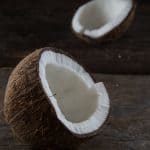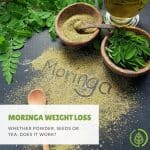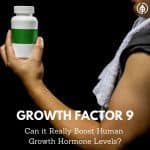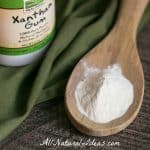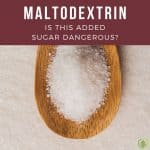Natural BCAA supplements can provide energy for your muscles to get through intense workouts and repair your muscle tissue. But are they really necessary?
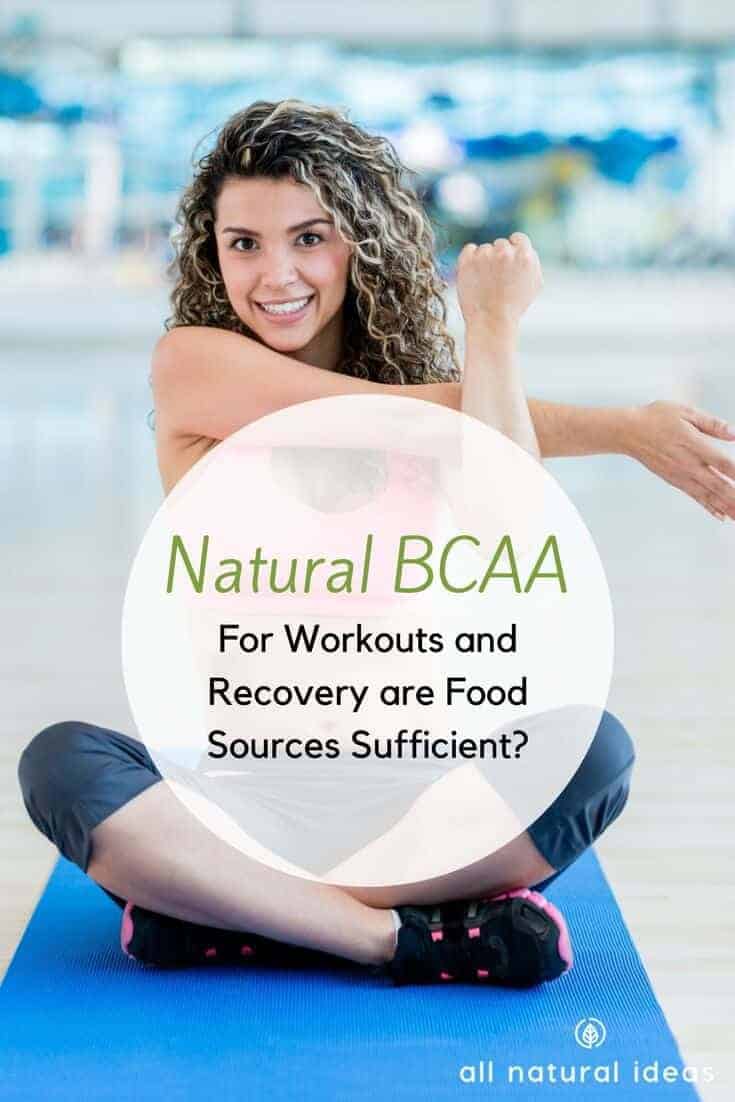
A couple decades ago the only people taking branched chain amino acid (BCAA) supplements were weightlifters toiling in dark, dank dungeon-like powerlifting gyms.
However, these days, BCAAs are mainstream. You can get the amino acid from food.
Some people think taking a supplement, such as an organic bcaa powder, will provide that extra umph to get through a workout.
Or, perhaps some people take natural bcaa supplements thinking it will help them lose weight.
But are BCAAs even necessary? After all, when you can get it naturally from food, why throw your money away on a supplement?
An organic BCAA powder is expensive. And who can really benefit from taking natural BCAA supplements?
Before answering these questions, let’s review some basic facts about BCAAs.
What are BCAAs?
There are 20 amino acids. Nine of them are essential. That means your body does not produce them. Therefore, you have to get them from food (or supplements).
The term “branched chain” refers to the chemical structure of the amino acid atoms. But don’t get hung up on the chemistry behind it.
What’s important is that there are three BCAAs. And these three BCAAs are essential. Again, this means you need to get them from food sources. If you don’t, well, you will die.
But you don’t have to rush out to your local GNC and buy natural BCAA supplements. That’s because foods you probably eat often contain plenty of this natural based amino acid.
Without further ado, the three BCAAs are leucine, isoleucine and valine.
Although there are only three BCAAs and 20 total amino acids, the trio of natural bcaa account for about a third of your body’s total muscle protein.
Hardcore weightlifters know this. And that’s why the supplements are popular with powerlifters, bodybuilders, CrossFit junkies and others who lift heavy weights or do high-intensity workouts.
Weightlifting creates mini tears in the muscle fibers. And perhaps no other supplement helps repair and build muscle tissue better than natural BCAA.
Timing is everything when it comes to post-workout recovery.
In fact, many sports nutrition experts consider it imperative to supplement with natural bcaa food sources or supplements within about 45 minutes after a workout.
Therefore, you can eat a steak, which is one source of natural bcaa. Or, you can just pop a couple capsules.
And therein lies the appeal of natural bcaa supplements. It’s far easier to take a pill or two then rush home after a workout and cook a meal.
What does Natural BCAA do?
The trio of branched chain amino acid helps preserve the fuel that’s contained in your muscle tissue. This fuel is called glycogen.
And not only does natural BCAA help supply your muscles with energy, it also lessens the severity of how much your own muscles break down during workouts.
Ever hear of delayed onset muscle soreness (DOMS). That’s when you have a really intense workout. And then 24-48 hours later, you can hardly get off the toilet because you’re so sore! BCAAs can help reduce that post-workout soreness.
And there’s clinical proof that BCAAs do work. This study says, “Data show that BCAA supplementation before and after exercise has beneficial effects for decreasing exercise-induced muscle damage and promoting muscle-protein synthesis.”
Moreover, the same study suggests BCAAs play a key role in keeping the immune system healthy. This is critical if you do indeed workout hardcore. That’s because even though exercise is good for you, intense exercise is a form of stress.
And stress can weaken the immune system. Therefore, you might want to consider taking a natural BCAA if you like to do high-intensity training.
Now, let’s take a look at what the individual BCAAs do.
Leucine promotes muscle protein synthesis. This means it helps your body adapt to exercise.
Next, isoleucine promotes fat burning. The third natural BCAA, valine, may help with muscular endurance.
BCAA supplements often contain more leucine. Also, they may contain other ingredients which may help fuel workouts and repair muscle tissue post-exercise.

Are natural BCAA supplements necessary?
If your exercise routine involves only walking, then no.
If you do gentle yoga a few days a week, no.
In other words, if you hardly ever break a sweat or grunt, probably not.
For most people, a balanced diet is an adequate enough source of branched chain amino acid.
However, if you’re an athlete or like to do intense workouts, natural BCAA might be a supplement to consider. This is especially true if you have a really busy schedule and it’s difficult to always have protein-rich snacks and meals at the ready.
Also, BCAA supplements might be necessary if you’re exercising with little or no food. Some people like to workout first thing in the morning without food. This helps get into fat-burning mode more quickly.
Thus, if you take a BCAA supplement before the workout, it may provide you with more stamina. And, as mentioned above, it may help lessen post-workout soreness.
Others who may benefit from BCAA supplementation include those who are on medically-supervised liquid diets.
Also, BCAAs may help the immune system get back to full strength after an illness.
Natural BCAA Sources
Then again, if you want to not spend money on yet another supplement and you workout vigorously, just eat more foods that are natural BCAA sources.
Your best sources of natural BCAAs include red meat. Just make sure it’s grass-fed and organic.
It’s more expensive than grain-fed beef. But way better for your health. Also at the top of the list is pasture-raised chicken.
Wild and sustainable fish and raw dairy products are rich in BCAAs, too. As are free-range eggs. Organic grass-fed whey protein powder is a terrific source of natural BCAA as well.
If you’re vegetarian, you can get a decent amount of BCAAs from the following: soybeans, almonds, lima beans, cashews, brown rice, corn (make sure it’s non-GMO) baked beans, and lentils, brown rice.
BCAA supplement without artificial sweeteners
A decade or so ago, a good number of BCAA supplements contained artificial sweeteners. But these days, there are several brands that do not contain fake sugar.
For example, on Amazon, you can buy Physique Formula BCAA powder. It contains added betaine.
Betaine is another amino acid. It’s not one of the three BCAAs. But it may also play a role in helping you get stronger so you can lift heavier weights. If that’s your goal.
In addition, Physique Formula powder also contains glutamine. Glutamine helps counteract stressful workouts.
Plant based bcaa
According to this article on Nutrabio.com, most branched chain amino acids were once derived from chemically treated duck feathers and pig fur. Are you thinking, “that’s disgusting!”?
Well, if you are, the good news is there is plant-based BCAA. In the previous section, there’s a few vegetarian-friendly foods that have good amounts of these amino acids.
Keep in mind though that some plant-based sources of BCAA supplements contain either soy or corn. Obviously, if you’re allergic, avoid. Also, many sources of soy and corn may contain GMOs.
However, Nutrabio claims, “when it comes to having a sustainable source of BCAA’s and the need to shift away from animal sources, plant based fermented sources of amino acids are the clear winner.”
One vegetarian-friendly BCAA supplement available on Amazon is KM Fermented BCAA Powder. It’s non-GMO and gluten free. Moreover, it contains an ideal ratio of leucine to isoleucine and valine (a 2:1:1 ratio). The powder is vegan-friendly. And it provides five grams of BCAAs.
Natural BCAA powder
Whey protein powder contains all three BCAAs. Therefore, it might just be the best natural BCAA powder.
No need to buy expensive BCAA capsules if you have a high-quality whey protein powder at home. However, whey protein powder is truly only high-quality if it’s organic and from grass-fed cows.
That being said, though, again, if you work out very hard on a regular basis, your body might require even more BCAAs.

